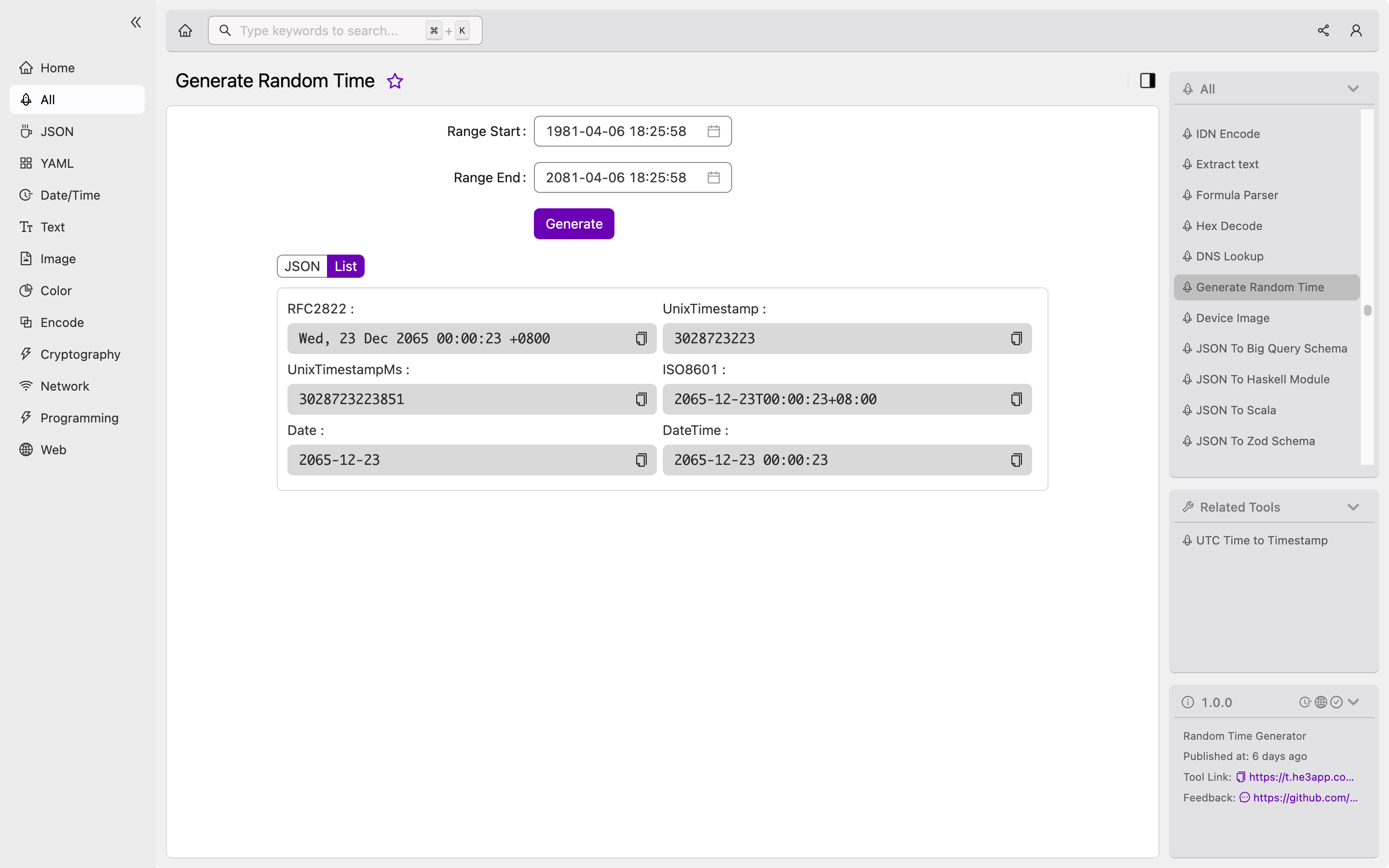Introduction
Random time generation is a crucial function in software development, providing a wide range of applications from testing and simulations to game creation and data analysis. However, many developers are unsure of how to generate random time or the various ways in which it can be used. In this guide, we will cover the basics of generating random time, common misconceptions, and scenarios in which it can be useful.
How to Generate Random Time
There are several ways to generate random time in software development, depending on the programming language you are using. One common method is to use a random number generator to generate a random number within a specific range and then convert it to a time format. For example, in Python, we can use the random.randint function to generate a random number between two specified values and then convert it to a time format using the datetime module.
import random
from datetime import datetime, timedelta
start = datetime.now()
end = start + timedelta(hours=24)
random_time = start + timedelta(seconds=random.randint(0, int((end - start).total_seconds())))
print(random_time.time())Or you can use Generate Random Time tool in He3 Toolbox (https://t.he3app.com?er1j ) easily.

This will generate a random time between the start and end times of 24 hours from the current date and time.
Scenarios for Random Time Generation
Random time generation can be useful for a wide range of scenarios in software development. For example, it can be used for:
Testing
Random time generation can be used to simulate real-world scenarios for testing software applications. For example, generating a random time between 9 am and 5 pm can simulate the behavior of users accessing a system during working hours.
Simulations
Random time generation can be used to create simulations of real-world events such as traffic patterns or weather conditions.
Game Development
Random time generation can be used to create dynamic game worlds by generating random events or activities at different times of the day.
Key Features
| Feature | Description |
|---|---|
| Simple | Generating random time is a simple function that requires only a few lines of code. |
| Customizable | Random time generation can be customized to fit specific scenarios or requirements. |
| Versatile | Random time generation can be used in a wide range of applications from testing and simulations to game development and data analysis. |
Misconceptions and FAQs
Misconception: Random Time Generation is Unpredictable
While random time generation is indeed random, it is still predictable to a certain degree. The randomness of generated times depends on the algorithm used by the random number generator. However, it is possible to generate more or less predictable random times by adjusting the range of values or using a different algorithm.
FAQ: Can I Generate Random Time with Millisecond Precision?
Yes, it is possible to generate random time with millisecond precision by modifying the code to include milliseconds in the time format. For example, in Python, we can use the timedelta function to add milliseconds to a time value.
FAQ: Can I Generate Random Time in a Specific Timezone?
Yes, it is possible to generate random time in a specific timezone by adjusting the code to include the timezone information. For example, in Python, we can use the pytz module to specify the timezone when generating a datetime object.
Conclusion
Generating random time is a crucial function in software development that can be used for a wide range of applications. By understanding the concept and various ways in which it can be used, developers can create more effective and efficient applications. For more information on random time generation, check out the Wikipedia page on random number generation or the Python documentation for the datetime module.
